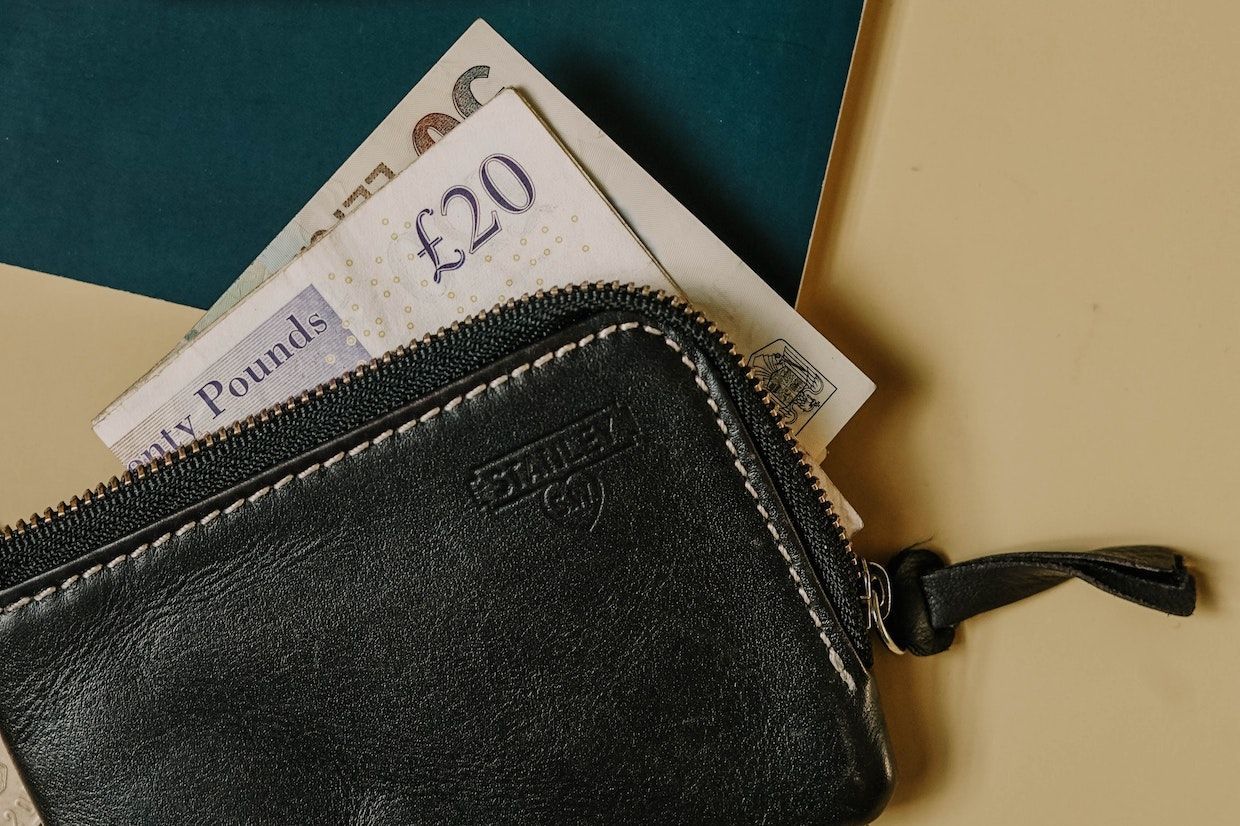Are you pursuing a trade, or following a hobby?
Many of us have hobbies that are dear to our heart, whether it’s playing guitar, building a giant model train system or knitting copious numbers of jumpers for our family.
In many cases, it’s pretty clear whether these activities are being carried out in the course of a trade, or are nothing more than a personal hobby. But disputes with HM Revenue & Customs (HMRC) do arise. Are the profitable activities you carry out as part of your niche interest no more than a hobby? Or are the loss-making activities you carry out considered to be a trade, with the losses used to reduce your overall tax bill?
Let’s look at how you prove if this is simply a hobby, or a profit-making trade?

The nine ‘badges of trade’ and what they tell you
There’s not much meaningful guidance in the UK legal statute on what does and what does not constitute a trade or hobby. So, how do you make the differentiation?
One approach has been to consider the ‘badges of trade’. These badges can show the presence or absence of certain aspects that indicate whether a trade does or does not exist.
These nine badges are:
- Profit-seeking motive: An intention to make a profit supports trading, but by itself is not conclusive.
- Number of transactions: Systematic and repeated transactions will support ‘trade’.
- The nature of any asset acquired: Is the asset of such a type or amount that it can only be turned to advantage by a sale? Or did it yield an income or give ‘pride of possession’, for example, a picture for personal enjoyment?
- Existence of similar transactions: Transactions that are similar to those of an existing trade may themselves be trading.
- Changes to the asset: Was the asset repaired, modified or improved to make it more easily saleable or saleable at a greater profit?
- The way the sale was carried out: Was the asset sold in a way that was typical of trading organisations? Alternatively, did it have to be sold to raise cash for an emergency?
- The source of finance: Was money borrowed to buy the asset? Could the funds only be repaid by selling the asset?
- Interval of time between purchase and sale: Assets that are the subject of trade will normally, but not always, be sold quickly. Therefore, an intention to resell an asset shortly after purchase will support trading. However, an asset which is to be held indefinitely, is much less likely to be a subject of trade.
- Method of acquisition: An asset that is acquired by inheritance, or as a gift, is less likely to be the subject of trade.
These badges are not an ‘all or nothing’ indicator. But when considered in the round, they may lead to an overall impression of whether or not a trade is being carried out.
Even if it is agreed that a trade exists, HMRC may argue that it’s not being carried out on a commercial basis. If so, this would deny any sideways loss relief (offsetting the losses of one activity against the profits of another for tax purposes).
Talk to us about checking the status of your hobby or trade
With the new trading allowance of £1,000 per annum, any activities you carry out which generate income below £1,000 won’t be required to be reported on your tax return. Because of this, there’s no danger of minor income from hobbies being targeted as trading activities.
The emerging problem is in areas such as crypto assets and day-trading of shares. Depending on the specific circumstances, these can be considered as trading, or generating capital gains and losses, or being outside of taxation altogether.
Where you carry out any activities outside of your mainstream business, talk to us so that we can advise you of any potential tax traps and tax benefits that may arise.
Get in touch to talk through your non-business activities.



